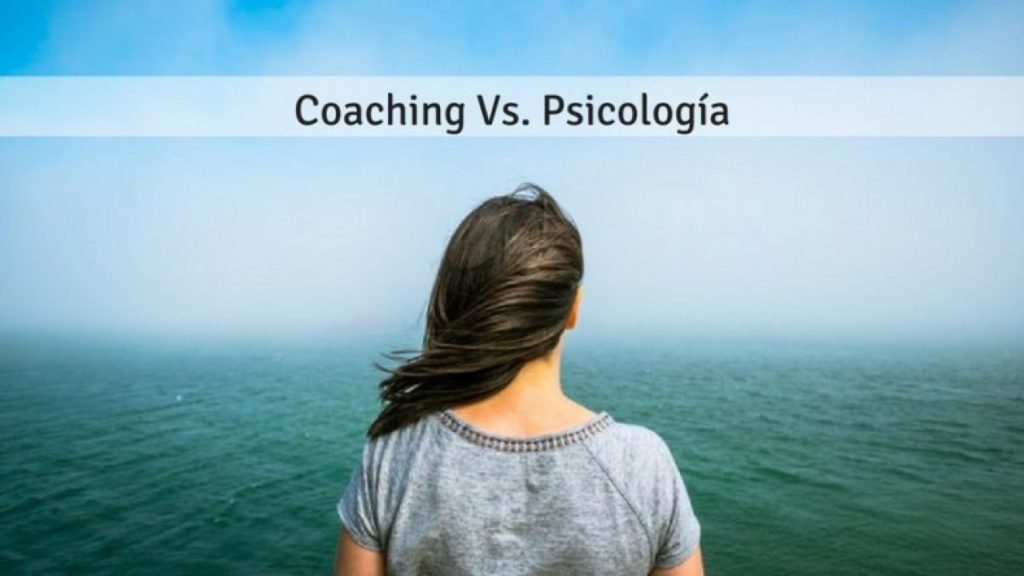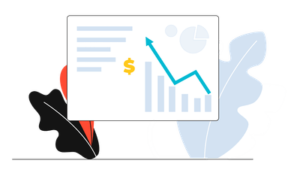To understand the difference between psychology and coaching, we must know the definition of each. However, it is important to note that, in many cases, one or the other specialty must be carried out by a real licensed professional, to avoid disguised therapies and, in any case, to achieve the expected results. Knowing the differences between psychology and coaching is fundamental to be able to apply each specialty properly.
Let’s remember that approximately 40% of employees do not feel appreciated by their company and look to this type of therapy to help them feel better. Have you ever felt that you need help to get out of that state of demotivation that keeps you stuck? Do you feel burned out at work and do not know what to do? If this is your case and you are thinking of seeking professional help, below, we show you which would be the most appropriate according to your case.
Coach vs therapist
In reality, coaching is a unique service designed to help ambitious achievers reach the results that will bring them success and satisfaction in each and every area of their lives. The therapist, on the other hand, is a professional who seeks to manage people’s feelings and emotions to help channel their personal lives.
It is important to know the differences between psychology and coaching. That is why, below, we present some of them. Read on!
What is psychology therapy?
Starting with psychology therapy, also called psychotherapy, is a long-term process in which a person works with a health professional to diagnose and resolve their beliefs, behaviors, relationship problems, feelings, and sometimes problematic physical responses. The idea behind the therapy is to focus on past traumas and problems, in order to change self-destructive habits, repair and improve relationships, and overcome painful feelings. In this sense, the therapy focuses on the past, introspection and analysis. All this, with the hope of resolving the problems of the past and creating a happier and more stable future.
On the other hand… What is coaching?
The difference between psychology and coaching is obvious, but it is often misunderstood. So, in coaching, a client works with a coach (who is not a health professional), to clarify goals and identify obstacles and problem behaviors in order to create action plans to achieve desired results, both professionally and personally.
The main way a coach works in comparison to a therapist is that a coach takes the person’s current starting point as an acceptable neutral ground and is more action-based from that point forward. A coach allows the person receiving treatment to take control of their life and, at the same time, take action to achieve their goals.
As José L. Meléndez, coach by profession and recognized trajectory and co-founder of ChVmpion Mind, says: “If coaching is the water for someone to become a champion, ChVmpion Mind is the structure for the champion to drink that water properly”.
ChVmpion Mind: A Coaching platform designed to achieve your goals.
ChVmpionMind offers the benefits of a business coaching process, without having to pay for a coach. All this, in a single platform that helps you achieve your professional goals and, at the same time, the well-being of your teams.
To do this, it offers users a regular work plan for 21 weeks. During this time, you will be able to work in parallel on professional well-being and at least one professional goal. Do you want to commit yourself in advance and completely change your life?
Differences between psychology and coaching: Do you know them?
Although coaches and therapists occasionally help people with similar problems, their work is not the same. It is important to know the differences between psychology and coaching, so you know which of these trends you need.
Difference One: Program Approach
The focus of coaching is one of the main things that distinguishes it from psychology. Coaches identify and describe current problem behaviors so that the person can work to modify them. Therapists analyze their clients’ past as a tool for understanding present behaviors. In other words, the difference between psychology and coaching is that therapists focus on “why” certain behavior patterns occur and a coach works on “how” to achieve a goal. Therapy will focus on your thoughts and feelings and how your past informs them. Coaching, on the other hand, may touch on these concepts as it analyzes your limiting beliefs and examines your pattern, but its ultimate focus is always on the present and the future.
Difference Two: Program Objectives
Therapy can be useful for problems such as depression and anxiety. The goal of coaching is to help the person get “unstuck” and therein lies one of the main differences between psychology and coaching. Life coaching is about action and results. A coach measures the success of his or her clients with key performance indicators and specific behavioral outcomes. Which, will help you set SMART goals, provide accountability and celebrate your victories, all on the way to achieving your dreams.
Difference Three: Structure
Whereas, both coaching and therapy use talking sessions with a trained professional. Many of the similarities in the way they are organized end there. The difference between psychology and coaching is based on structure. Therapy involves sessions that are guided by the patient as well as the type of therapy being delivered. Coaching sessions are much more structured and focus on practical strategies and visible professional growth.
Another aspect regarding the differences between psychology and coaching is that the length of services also varies. Therapy tends to be a long-term commitment: many people go to therapy for years or even their entire lives. A coach prepares people with the process and skills they need to eventually coach themselves. Life coaching is not meant to be around forever. Life coaches also do not diagnose the people they work with, whereas therapists determine illnesses and pathologies so that their patients can be treated clinically.
Difference four: Method
To understand the differences between psychology and coaching we must talk about method. Psychiatrists and psychologists focus on the past and the unconscious mind, trying to identify the traumas experienced and the problems that have triggered self-destructive habits in the present. Their goal is to repair the person’s current state. Coaches, on the other hand, work on the conscious mind. They help people to clarify their present values and beliefs, intentions, needs, abilities, strategies, goals and purposes in order to move towards the achievement of their goals; both professionally and personally. People are encouraged to find their own solutions and to be responsible for the implementation of their action plan.
Finally…
One of the differences between psychology and coaching is that therapists must follow appropriate ethical guidelines established by their respective licensing boards. Coaches allow greater flexibility in working with their clients. This is why, for example, a coach can travel with the individual; whereas most therapists would not be able to do so due to confidentiality violations. Regardless of the specific goal to be achieved, cognitions always play an important factor.










